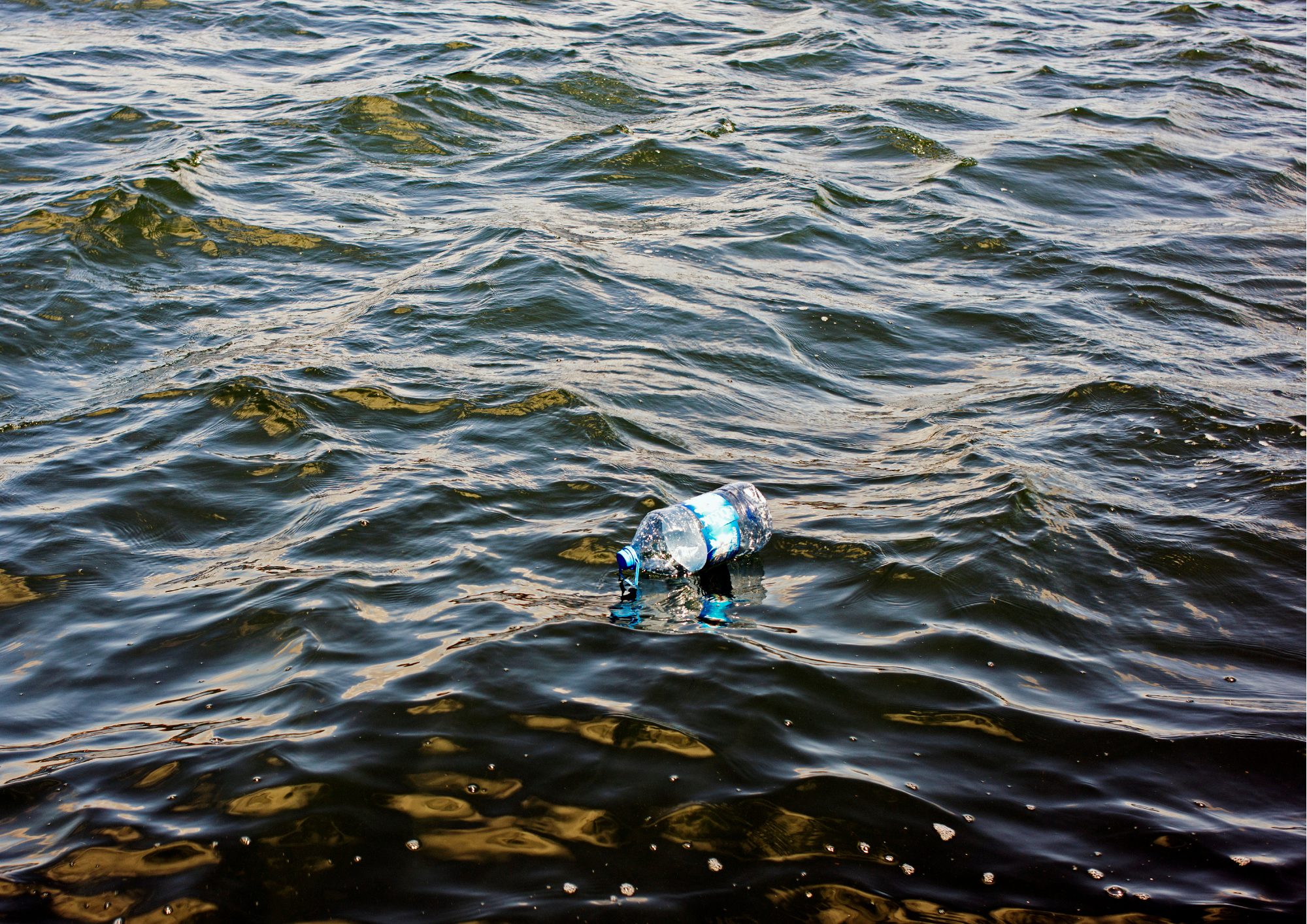A recent article published on World Health Day by Parley AIR highlights how plastic pollution is a global health crisis, and how it affects women in ways that we are only just beginning to understand. The article dives into the complicated connections between plastics and women's health, everybody's health and climate change.
Shocking statistics and findings are reported such as microplastic being found in human placenta and BPA in maternal breastmilk. As microplastics and BPA are found in everyday products, it is extremely difficult for mothers to completely avoid these plastics. It is important to note that these findings will not only affect women, but everyone as they are wider than what one article can convey.
Microplastics circulate the air we breathe, and are even more concentrated and toxic when plastic is burnt. Moreover, we are constantly ingesting plastic through the food we eat and what we drink from such as seafood and plastic water bottles containing BPA.
What can we do?
Although the article highlights some alarming issues, it does end on a positive note with a list of things we can do to limit the amount of plastic we are exposed to. We know about the risks of single-use plastic water bottles that are riddled with BPA, and the sustainable alternatives such as Aquapax carton water, but there are plenty other ways in which we can reduce our plastic intake.
Here are the main take-aways that Parley AIR suggests for limiting plastic consumption and use:
- Avoid cans containing BPA by checking the label but making sure that bisphenol S (BPS) and bisphenol F (BPF) aren't used as a replacement. Both may be more harmful than BPA. A more sustainable way to shop would be to buy typically canned products in bulk and to freeze them yourself in glass containers.
- By cutting back on takeaways, you could be reducing the amount of single-use plastics.
- Although BPA is banned from baby bottles, other harmful plastics are still used for children's cutlery and crockery. When purchasing these items, consider replacing them with glass, bamboo or food-grade stainless steel.
- When storing food in the fridge, store them in glass or metal containers rather than plastic, and replace cling film with sustainable plastic-free alternatives such as beeswax wrap.
- Reduce the amount of seafood you eat. Fishing nets are a massive source of marine plastic pollution and overfishing is having a devastating effect on marine-life.
- Use plastic-free menstrual products! A recent study found high levels of phthalates in menstrual pads. Alternatives such as a reusable menstrual cup are far more sustainable and healthier for our bodies.
- Thermal paper receipts have been found to contain a count of BPA 250 to 1,000 times higher than in canned food. Say no to the receipt!
- Try to purchase personal care products (deodorant, toothpaste, make-up) with plastic-free packaging and that are transparent about their ingredients! Look out for 'fragrance' that isn't explained.
- Next time you upgrade your phone case, consider opting for a non-plastic alternative such as wood or bamboo with no plastic finish.
- Lastly, don't be scared to discuss this with your friends and family! Every step, no matter the size, is doing something beneficial for the environment and for yourself! Encourage people around you to do the same.
To read the full article by Parley AIR, click here.


Share:
Thousands of polystyrene balls on Brighton Beach
Earth Day 2021